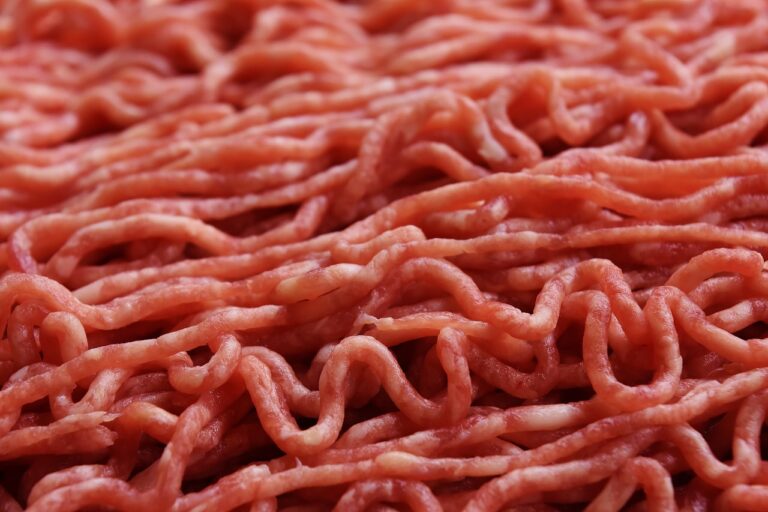The Impact of Food Industry Practices on Climate Change
In the realm of food production, one prominent factor contributing to greenhouse gas emissions is the intensive use of chemical fertilizers and pesticides. The application of these substances in farming practices releases nitrous oxide and methane, two potent greenhouse gases that significantly impact the Earth’s atmosphere. Additionally, the energy-intensive nature of producing, processing, and transporting food also plays a crucial role in the emission of greenhouse gases. The reliance on fossil fuels throughout these processes releases carbon dioxide into the atmosphere, further exacerbating the issue of global warming and climate change.
• The intensive use of chemical fertilizers and pesticides releases nitrous oxide and methane
• Energy-intensive nature of producing, processing, and transporting food contributes to greenhouse gas emissions
• Reliance on fossil fuels throughout food production processes releases carbon dioxide into the atmosphere
Deforestation for Agriculture and Livestock Grazing
Deforestation for agriculture and livestock grazing is a pressing issue that significantly contributes to greenhouse gas emissions worldwide. When forests are cleared to make way for farms or pastures, the stored carbon in trees is released into the atmosphere, exacerbating the greenhouse effect. Moreover, the loss of trees diminishes the planet’s capacity to absorb carbon dioxide, further intensifying the climate crisis.
In addition to the environmental impact, deforestation for agricultural purposes also leads to habitat destruction and loss of biodiversity. The destruction of forests displaces countless species of plants and animals, disrupting fragile ecosystems that have evolved over centuries. This loss of biodiversity not only threatens the survival of various species but also compromises the resilience of natural ecosystems in the face of environmental changes.
Water Usage and Pollution in Food Industry Practices
Water plays a crucial role in food production processes, from irrigation to processing and cleaning. However, the excessive use of water in the food industry can lead to depletion of water resources, especially in regions already facing water scarcity. The demand for water in agriculture and food processing is steadily increasing, putting a strain on freshwater sources and ecosystems.
Moreover, water pollution is a significant concern in the food industry, as it can have detrimental effects on both human health and the environment. Runoff from agricultural fields contaminated with pesticides, fertilizers, and other chemicals can seep into water bodies, leading to water pollution. Inadequate wastewater treatment in food processing plants can also result in the discharge of harmful pollutants into waterways, further exacerbating water quality issues.
What are some common causes of greenhouse gas emissions in food production?
Common causes of greenhouse gas emissions in food production include livestock farming, transportation of food products, and the use of synthetic fertilizers.
How does deforestation contribute to water usage and pollution in the food industry?
Deforestation for agriculture and livestock grazing can lead to soil erosion, which in turn can pollute water sources with sediment and chemicals. Additionally, deforestation can disrupt natural water cycles and lead to water scarcity in certain regions.
How does the food industry contribute to water pollution?
The food industry contributes to water pollution through the discharge of wastewater containing chemicals, pesticides, and nutrients from food processing facilities. This contaminated water can harm aquatic ecosystems and affect human health if not properly managed.
What are some sustainable practices that the food industry can adopt to reduce water usage and pollution?
Sustainable practices that the food industry can adopt to reduce water usage and pollution include implementing water recycling and reuse systems, using eco-friendly packaging materials, and supporting organic farming practices that minimize the use of synthetic chemicals.







